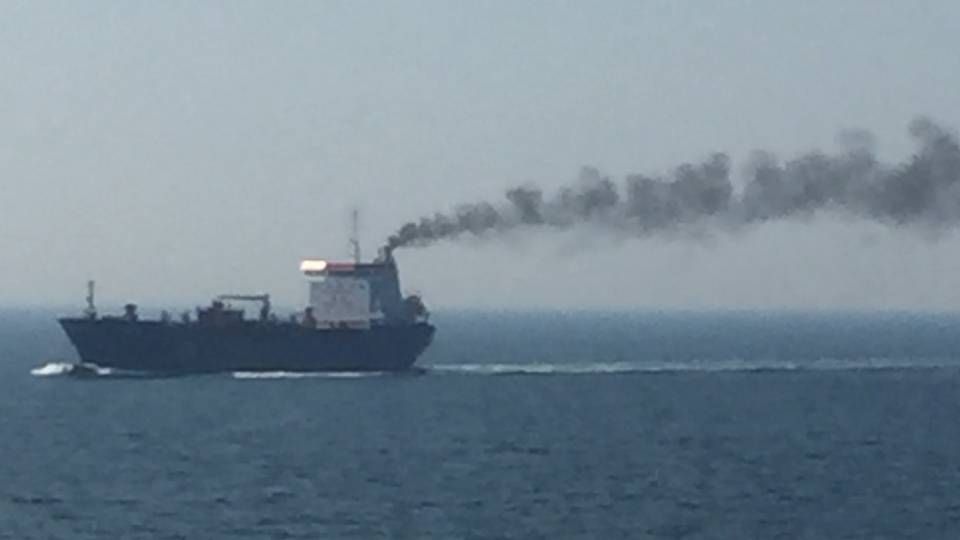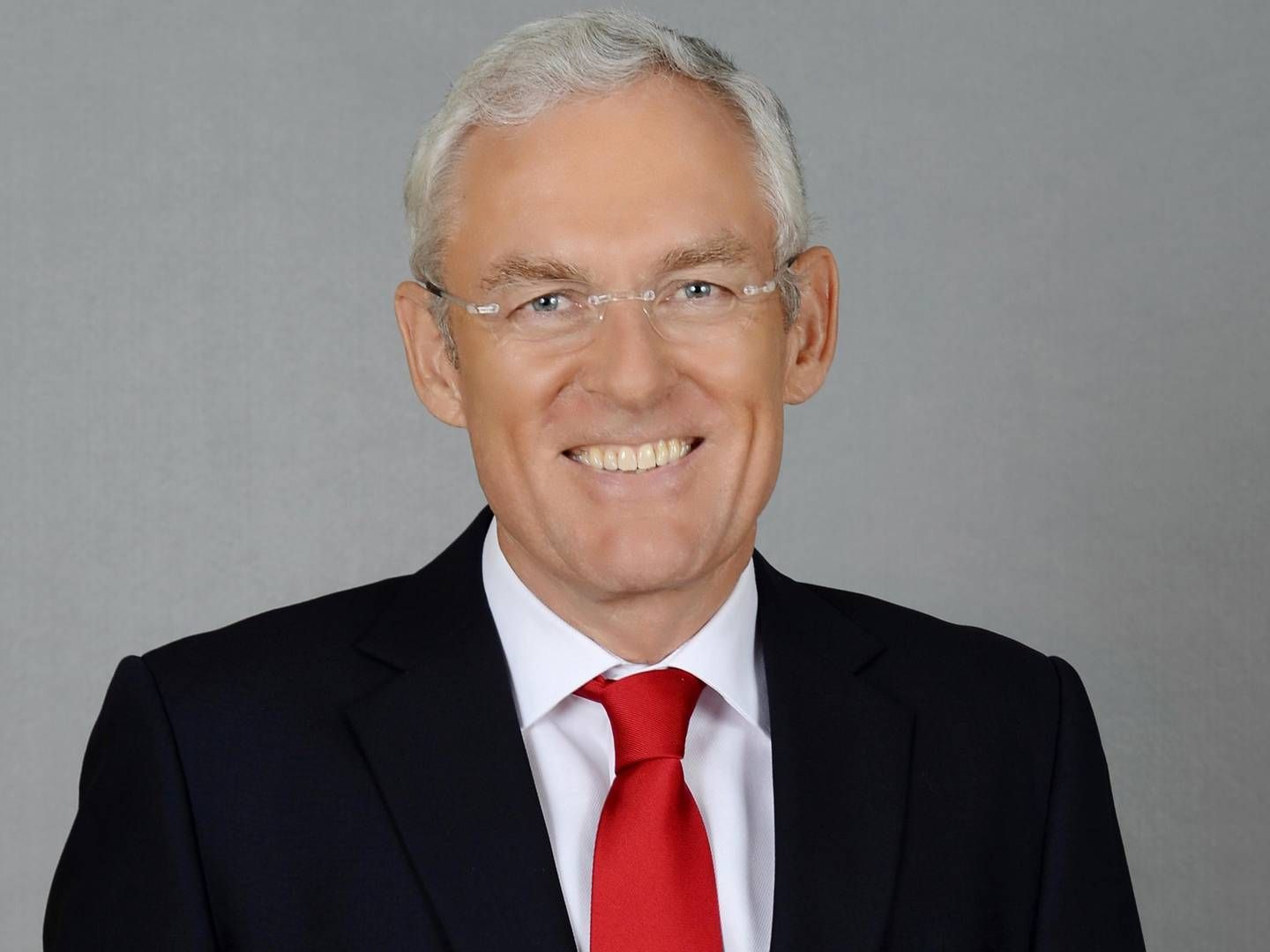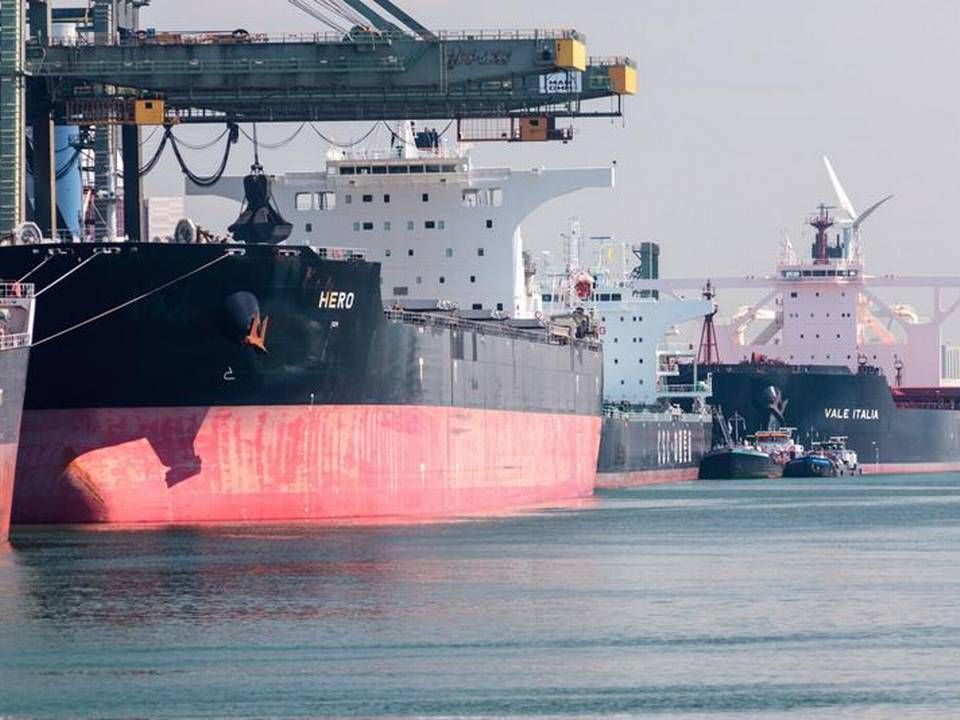IMO member states push for adoption of CO2 roadmap

The upcoming meeting of the IMO's Marine Environment Protection Committee, MEPC, will grapple with what looks like its biggest topic in decades when the committee gathers in London in late October for the MEPC-70 meeting.
Meeting number 70 of the key committee looks set to be particularly decisive after the shipping sector was ultimately not included in the climate accord signed by the UN member states in Paris back in December 2015, the so-called COP21 agreement aimed at reducing global CO2 emissions in an effort to halt global warming.
The MEPC meeting this past spring, to the significant disappointment of numerous NGO's, only dealt sporadically with shipping and CO2 when the members of the UN's International Maritime Organization were tasked with producing proposals for how the world's countries and carriers can contribute to reducing the scope of greenhouse gas emissions from the sector. As such, the stakeholders have since then been looking for initiatives that might help the IMO play an active part in the efforts to help the climate. And now a proposal is on the table, submitted ahead of the meeting which will start the real work towards an IMO agreement.
The proposal is spearheaded by maritime nations such as Denmark and Germany, but - and perhaps more surprising - also countries such as the Ivory Coast, the Marshall Islands, and Morocco.
The key element is that shipping should contribute with a "fair share" of the combined reduction, and in more specific terms, the size of such a "fair share."
A specific roadmap
In the proposal, which ShippingWatch has access to, the countries call for a faster process, as there is a need to keep several tracks going at once in order to get the job done. The IMO is currently focused on the three-step process which also represents the actual substance of the methods with which both the EU and the IMO have been working in recent years - a data gathering system, which means that there will have to first be a sufficient and well-documented data-based foundation for how much CO2 the vessels actually emit, which can then be registered and used as a basis on which to develop the future regulations.
But according to the countries behind the new paper, there needs to be another simultaneous track in play in order to ensure discussions concerning the sensitive matter of how the individual member states should define a "fair share" and when this share must be delivered - that is, an actual roadmap defining when and how much the IMO must deliver in terms of CO2 reductions.
If the three-step model alone, as used so far, will be decisive in terms of when shipping is able to deliver results and reduce CO2 emissions, the worst case scenario for this decision could be a date set somewhere between 2021 and 2023, according to the paper.
The proposal specifically calls for the MEPC to establish a working group to consider two points.
.1 agree that international shipping needs to define its share in the global efforts to reduce GHG emissions in accordance with the objectives of the Paris Agreement; and
.2 develop a work plan with an associated timetable to define that fair share."
European shipowners want global agreement
The discussions concerning the IMO's rules for CO2 emissions represent one of the more contentious topics in terms of the difference between European and global regulations. In late July this year, the Secretary General of the European Community Shipowners' Associations, ECSA, stated that the association expects the IMO to deliver on CO2 at the coming MEPC meeting, while the ECSA also supports the goals of EU's CO2 legislation.
"We believe that shipping obviously must be part of the global solutions to limit the increase in the global temperature as we clearly are also a global contributor to the carbon emissions," said Patrick Verhoeven, Secretary General of the European Community Shipowners' Associations, ECSA.
The ECSA wants to see the EU and IMO systems adapted to each other.
"We fully agree with the aim of the EU to secure a robust and mandatory global agreement for the collection and reporting of greenhouse gas emissions from international shipping in the International Maritime Organization as mentioned in the Commission's communication. We also look forward to seeing a proposal to align the EU MRV Regulation with the global system. Finally, we support the Commission in ensuring that IMO timely delivers on the next steps. We believe that a global agreement is both needed and possible," said Patrick Verhoeven earlier this year.
Maersk Line signs CO2 deal with logistics major Agility
ICS chairman: The EU could end up undermining the IMO
Related articles
Maersk Line signs CO2 deal with logistics major Agility
For subscribers
ICS chairman: The EU could end up undermining the IMO
For subscribers
Global climate goals will hit dry bulk
For subscribers





















